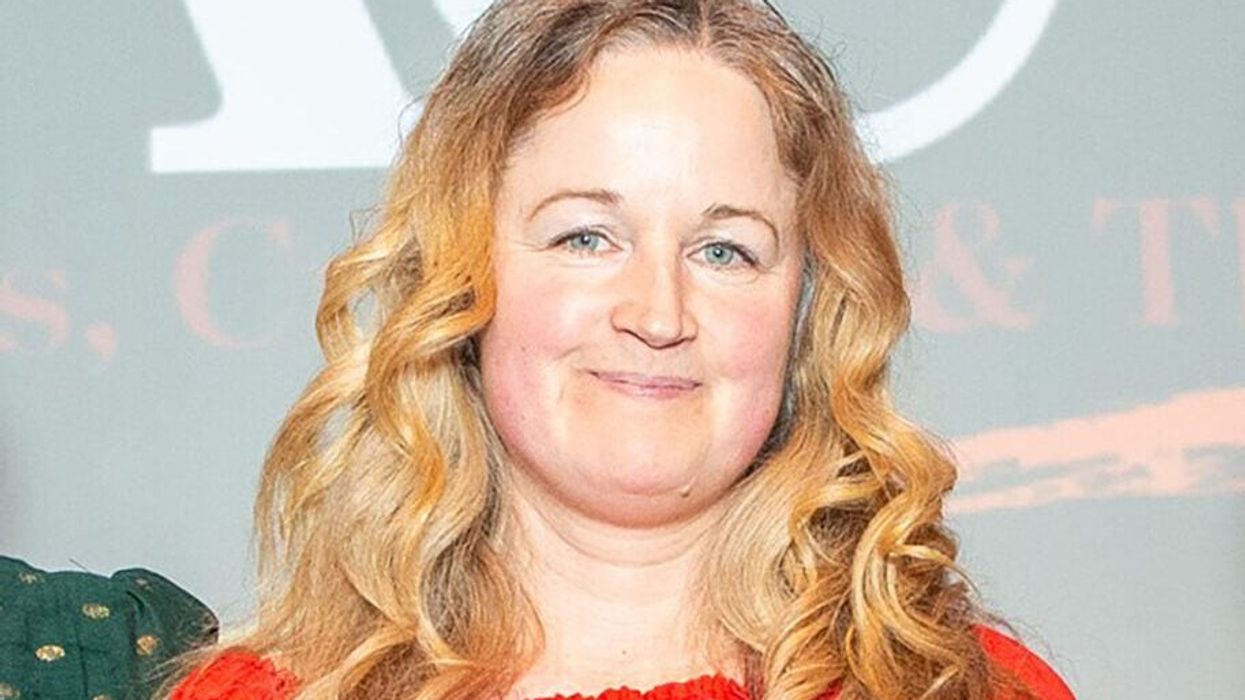FOR those whose idyllic view of Britain was shaped by poems like William Wordsworth’s I Wandered Lonely as a Cloud, Corinne Fowler’s new book will come as a shock.
Generations of children who went to English medium schools in India and similar educational institutions throughout Britain’s former colonies, had to memorise the opening lines of arguably Wordsworth’s most famous poem: I wandered lonely as a cloud/That floats on high o’er vales and hills/When all at once I saw a crowd/A host, of golden daffodils;/ Beside the lake, beneath the trees, /Fluttering and dancing in the breeze.
In Our Island Stories: Country Walks Through Colonial Britain, Fowler reveals that Wordsworth had an “ambivalent” attitude to the slave trade and to colonial rule. He was not above trying to make money from both – although he also wrote stirring poems condemning slavery.
“It’s morally a slightly precarious position,” she told Eastern Eye.
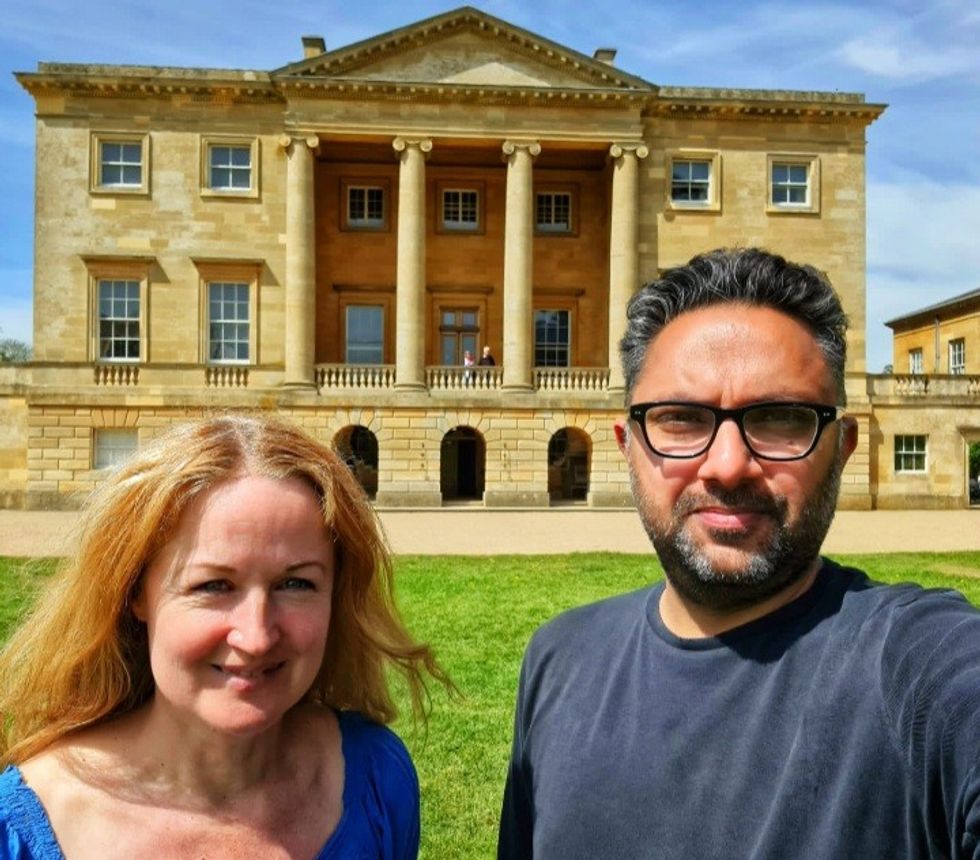
Her book, due out on May 7, is published by Allen Lane, an imprint of Penguin Books, which won a bidding war to get her manuscript.
Fowler’s previous book, Green Unpleasant Land: Creative Responses to Rural England’s Colonial Connections, which was brought out by Peepal Tree Press, a niche publishing house, gave her an international profile after she was attacked by right wing newspapers and politicians.
Fowler gives a wry smile: “Some aggressive opinion writers and columnists actually helped – because that book still sells really well.”
She had already caused fury by being the lead author of the “interim report on the Connections between colonialism and properties now in the care of the National Trust.” This revealed that some 93 of the trust’s properties were built by people who had grown rich through the East India Company and the empire, or the slave trade.
In her new book, Fowler, who is professor of colonialism and heritage in museum studies at Leicester University, has shown how rural Britain was shaped by the empire.
Hers is a remarkable piece of scholarship, for she has delved into areas which have not been previously explored by historians. She has shown that it wasn’t just people in the colonies and the slaves in the plantations in the Caribbean who suffered – poor people in Britain were oppressed, too.
Those who became rich built estates and erected enclosures around common land, previously used by the poor in rural areas to graze cattle, gather stones for their dwellings and firewood.
Fowler has written about 10 country walks, devoting a chapter to each. The walks are seven to 12 miles, with maps so that readers can also do them. In each case, Fowler has done the walk with a companion who is connected to the area in some way.
She has listed the walks at the start: “Sugar Walk: Jura and Islay; East India Company Walk: Wordsworth and the Lake District; Tobacco Walk: Whitehaven Coast; Cotton Walk: East Lancashire; Wool Walk: Dolgellau and the Americas; Indian Walk in the Cotswolds; Enclosure Walk: Norfolk and Jamaica; Bankers’ Walk: Hampshire and Louisiana; Labourers’ Walk: Tolpuddle and the British Penal Colonies; and Copper Walk: Cornwall, West Africa and the Americas.”
Apart from the 10 walks, there is an extra one in Basildon Park in Berkshire, which is in the book’s introduction. She has done this walk with Sathnam Sanghera, author of Empireland: How Modern Britain is Shaped by its Imperial Past, and its sequel, Empireworld: How British Imperialism Has Shaped the Globe.
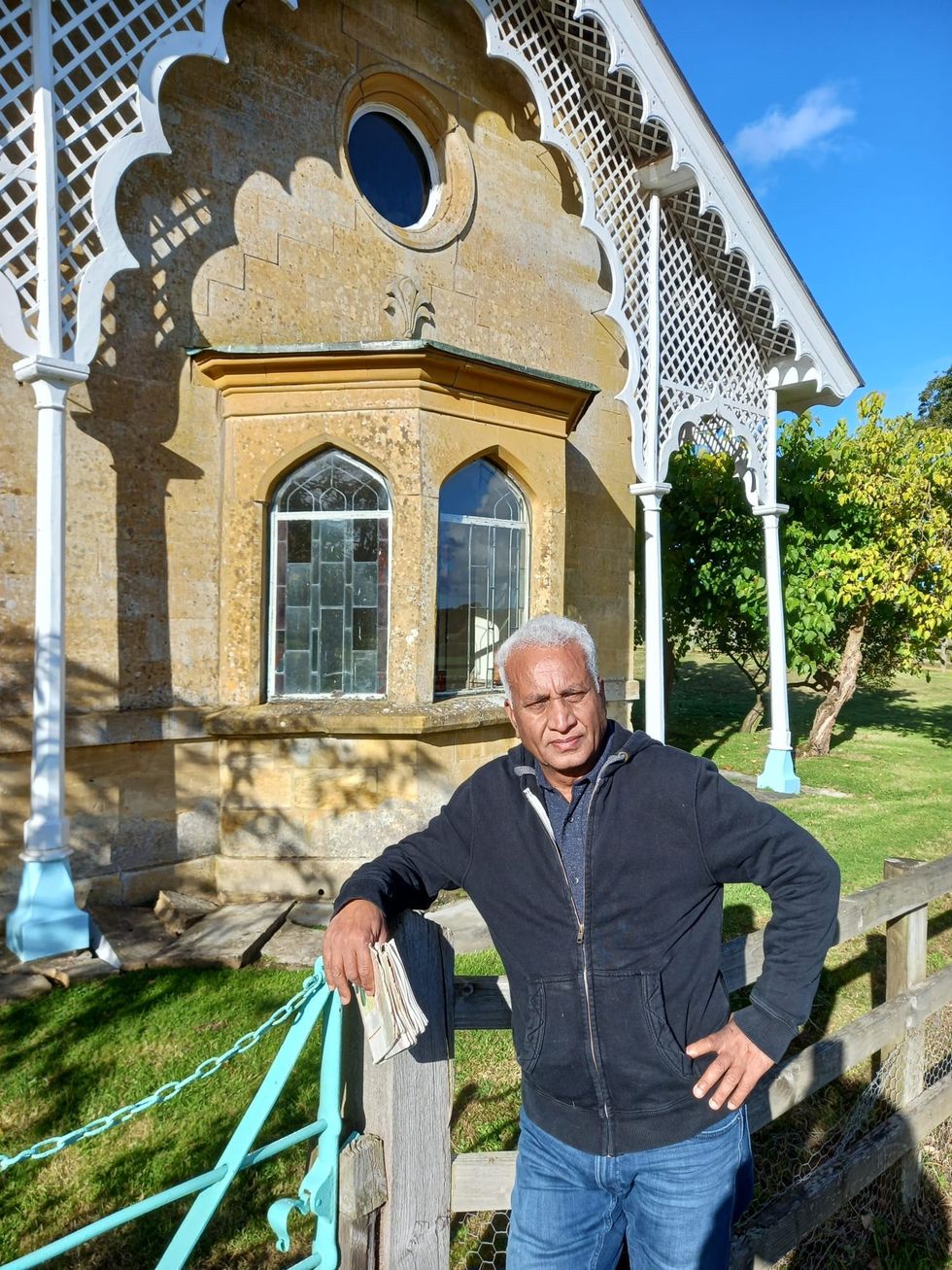
Fowler said Basildon Park, now a National Trust property, had belonged to Sir Francis Sykes, “who was an East India Company official who was very close to Clive of India. And he made so much money from his work in India, that he actually bought three country estates with that money. Basildon Park was just one of three. He also brought an Indian servant back from India with him, and [in his will] left him a ring and an allowance, which was generous. This man married locally, and his descendants are still alive today.”
The well-known aphorism from the 19th century German philosopher Friedrich Nietzsche that “what doesn’t kill you, makes you stronger” certainly seems to apply to Fowler who has been strengthened by the sustained attacks on her. She has been accused by her enemies of everything from “trashing British history” to helping to make the National Trust “woke” and depicting Britain’s green and pleasant countryside as racist.
There is a quietly determined air about Fowler. She agrees that that at one level Country Walks “is a history book. But the book is really my response to the culture wars, because it’s a cultural intervention. It’s trying to talk about how we speak to each other, and how we speak about history. It’s really putting into practice everything I learned from all the confrontation I experienced when I did the work with the National Trust. So it’s about how we have a conversation without shouting, how we can look calmly at this history in an evidence-based way. It’s about what history means. It’s not just a collection of facts.”
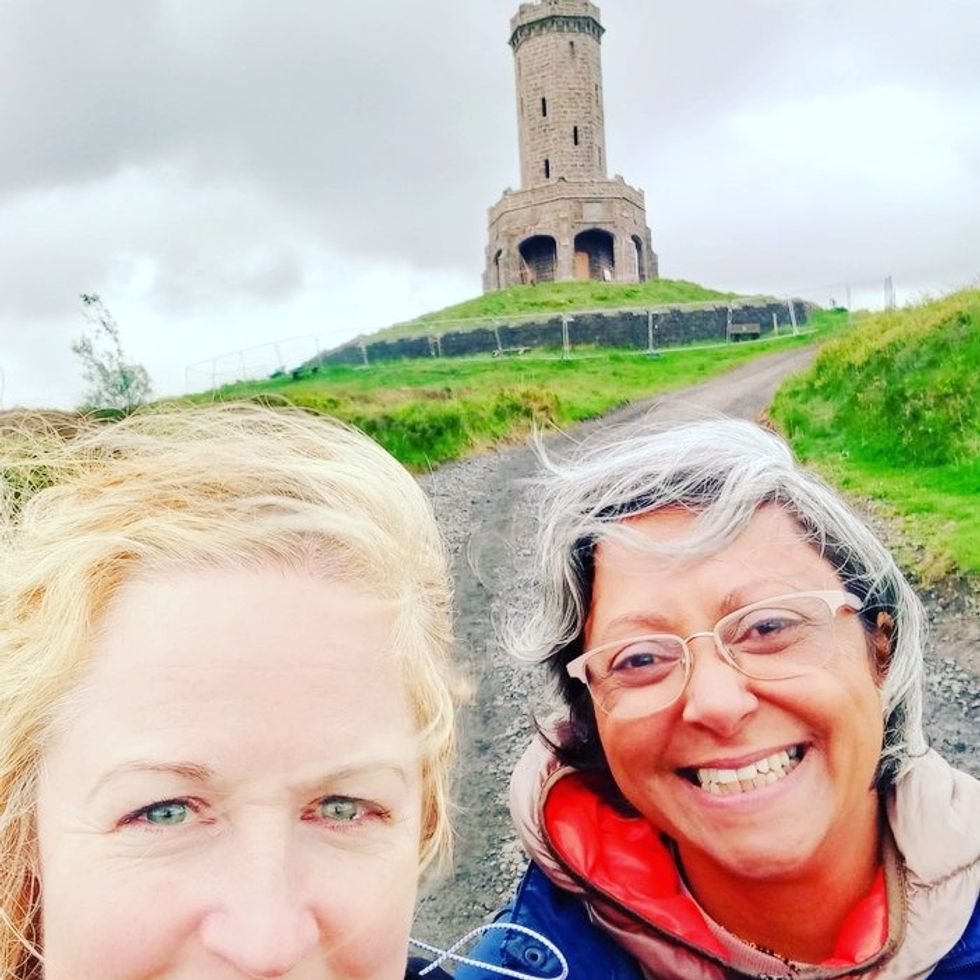
She did the Sugar Walk in Jura and Islay with Graham Campbell, the Scottish National Party’s first Caribbean-heritage councillor. He is descended from slaves, but knows nothing about his ancestors because the plantations did not identify the black people who worked for them.
Fowler pointed out: “It’s about how history impacts him today, through not knowing his own family story. At one point, we go to Inveraray Castle, the seat of the Campbells of Argyll in that area of Scotland. And he said: ‘Well, this is where they have an annual gathering of the Campbell clan every year, and they don’t invite me.’ But he is also a Campbell and part of that history.
“We were standing in front of that castle, that family [in there] knows their family tree, they’ve got drawings which illustrate who were the grandparents of who, and it makes sense of the world for those people. Whereas he doesn’t have that. And he’ll probably never have it. The plantation records were kept purely to serve the plantation owners and their managers. People’s real names were not on the plantation records. So it’s almost impossible for Graham to trace his family history. His family history is lost.
“It’s these sorts of stories that open up what history means today for those who are descended from colonised or enslaved people.”
How poor British people were dispossessed by ill-gotten wealth is apparent in Enclosure Walk in Norfolk and Jamaica, where Fowler writes about what happened in the “historic Suffolk town of Bungay”.
“There was a family which enclosed land with a lot of wealth generated from the Donnington Castle Estates in Jamaica,” said Fowler. “They closed up the footpaths as well. Even today the footpaths don’t go the short way. Local people used to go from A to B. Now they had to go from A to D to get to the same place. They lost the right to use Outney Common. They could no longer graze their livestock, they could no longer collect stones to build their houses or wood to burn their fires or gorse or even fallen trees. And that right was transferred to the lord of the manor with his Jamaican wealth. The name of that that man was Sir William Windham Dalling. That is a really important part of British history. This slow enclosure of land is generally considered to have enforced a transition from subsistence and relative independence to wage labour.
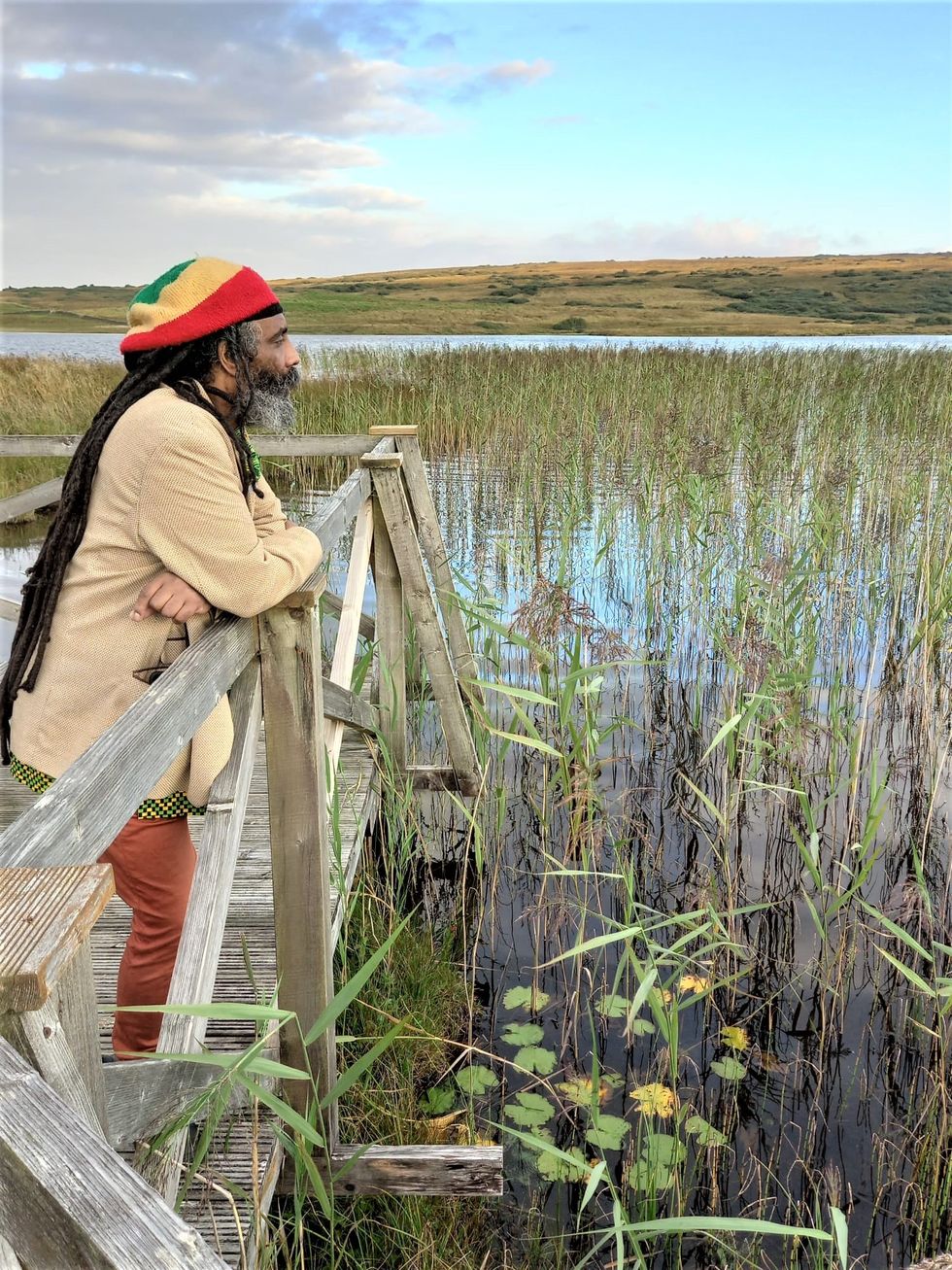
“So many people used to enjoy access to the commons. And then in the 18th and 19th century, the privatisation of land using colonial wealth pushed people off the land and into greater poverty. The law wasn’t on their side. They were disenfranchised, because they didn’t have a vote. They had no political representation. And many of the MPs were either East India Company figures or slave owners.”
Her book shows “how colonial history and British labour are connected. I have a chapter in Dorset about the Tolpuddle Martyrs, a group of agricultural labourers who in the early 19th century started an agricultural labourers’ union. And, as a punishment, they got sent to the British penal colony in Australia. One was sent to the penal colony in Tasmania. Another of those labourers was sent to the farm of Edward Eyre, who later became the governor of Jamaica.”
India looms large in Country Walks. This is because the Indian empire, especially the East India Company, was “extremely important” to the British economy.
“The East India Company was one of the first corporations that was too big to fail,” Fowler said. “When the corruption within the company becomes evident, the British people were really shocked. After [the uprising in] 1857, the British government took control [of the company]. Many of the people I was investigating for my book were investing heavily in the company.”
Fowler did the Indian Walk in the Cotswolds with the local historian Raj Pal.
She tells the story of the Cockerell brothers, John and Charles, who went to India as young men. “John made his money through military service fighting (“Tiger of Mysore”) Tipu Sultan, among others. Charles made his money in finance. With their money transferred back to Britain, they built Sezincote House in the Mughal style in the local Cotswold stone. It’s a magnificent house, used for weddings. It’s got a pavilion, a fountain, a long waterway. It’s very pretty. The land around Sezincote, about the size of five big fields, was [bought and then] enclosed with Indian wealth.”
What is unusual and praiseworthy is that Sezincote’s present owner, Edward Peake, is very open about its provenance. “He’s very welcoming, and very knowledgeable about the house. He’s read the chapter that I wrote. He invited me and Raj into his house to have a cup of tea. He’s a very good custodian of the house.
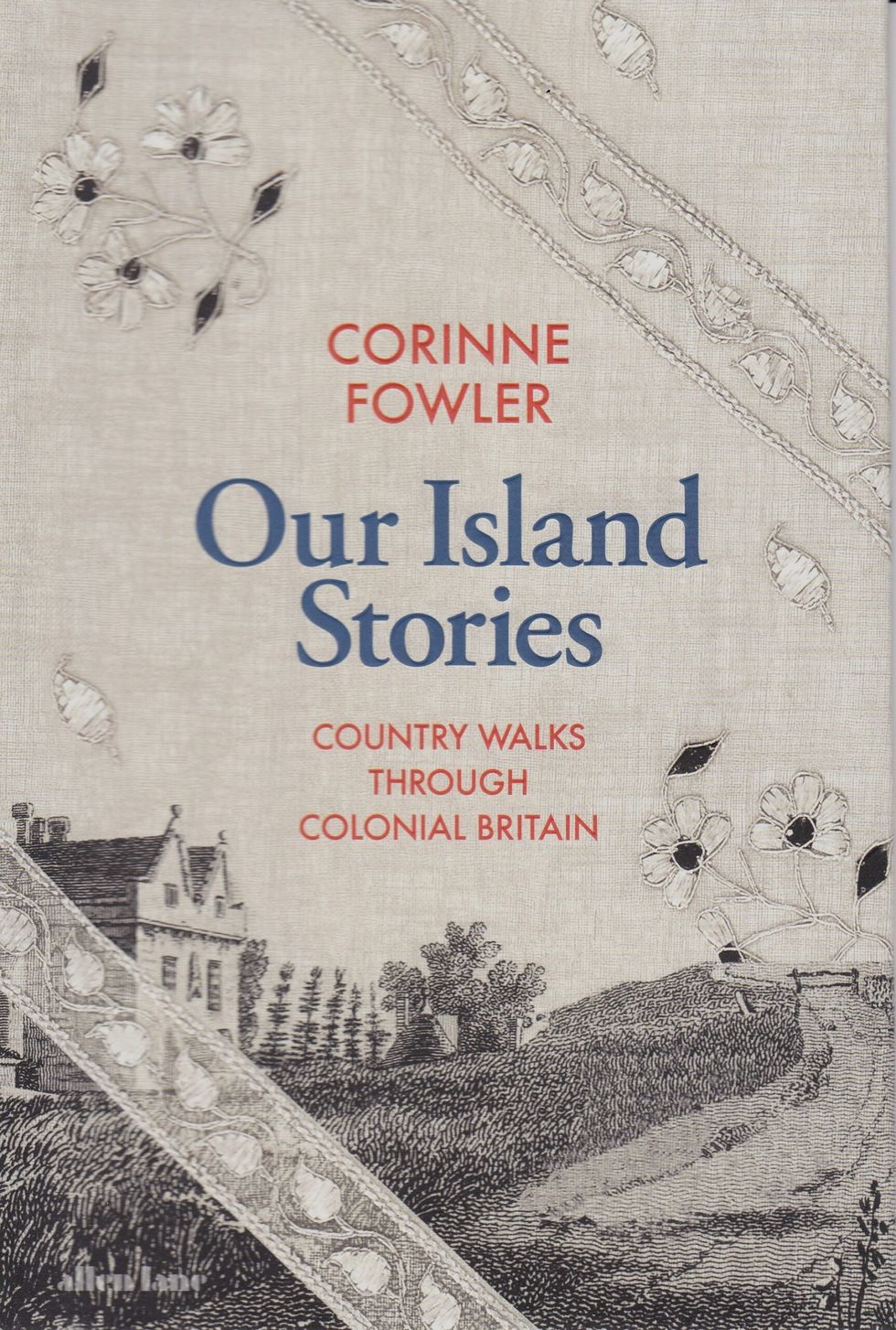
“Another good example is the [owner of Harewood House in Leeds] Earl of Harewood, who belongs to the ‘heirs of slavery group’. He is proactively telling the slavery story.
“Others are more reluctant to talk about it, because they feel it might inflict some reputational damage on the family or the property.”
In the Cotton Walk, which Fowler did with the artist Bharti Parmar, she has written about Mahatma Gandhi’s memorable visit to East Lancashire in 1931. The women mill workers, who gave him a warm welcome, understood why he had been pressing for a boycott of cotton exports from Britain to India.
Of all her walks, the author considers the one in the Lake District to be among the most beautiful. Those in search of Wordsworth’s “golden daffodils” can begin, as the author did, in the village of Grasmere.
William and his sisters, Dorothy and Mary, were close to their brother, John, an East India Company captain, who went down with his ship, the Earl of Abergavenny, off the coast of Weymouth in 1805.
“This had a massive impact on the Wordsworth family. William and Dorothy had invested heavily in the voyage. John’s hope was to make lots of money from opium through the lucrative Bengal to China route. This was to allow William the freedom not to have to work so that he could concentrate on his poetry and his literary endeavours. William now had to support his wife and children and became a distributer of stamps in the Westmoreland area.
“In this chapter I explore not just Wordsworth the poet, but also Wordsworth the businessman. He tried to make money from empire – like so many people at the time. He and his female relative relatives also invested in the Mississippi bonds, which was from the planters’ bank connected to the enslavement and the slavery system. They lost their money.

“William Wordsworth is generally considered to have favoured abolition. He was friends with Thomas Clarkson, a well-known abolitionist who lived nearby. However, when Clarkson asked Wordsworth to distribute anti-slavery leaflets, Wordsworth refused on the grounds that local people wouldn’t be interested.
“He had to take a patron, which was the slaveowning Lowther family, who owned plantations in Barbados. One of their biggest investments and returns was from East India Company. Wordsworth’s father and grandfather had both been employed by the Lowther family.
“Wordsworth actually wrote letters to his patron, Lowther, in a disapproving way about Clarkson and his zeal for anti-slavery. This is not about judging Wordsworth. It’s about understanding how people got plugged into the colonial financial system, and how there was money to be made through the British empire. The whole colonial system was the main business in town. After the abolition of slavery, indentured labourers were shipped from India.”
Fowler is keen to get walkers to engage with her latest book, which is beautifully written with many lyrical passages. She said: “The book shows real love for the countryside. It tries to open up the colonial history of the countryside in a very gentle and sensitive way. That’s why I have written a history book of walks. It’s about companionship, it’s about connection. It’s about talking together about what that history means as much as understanding what that history is. The message of the book is we can talk about this, we don’t need to push each other off a cliff. We don’t need this aggression.”
Fowler will be discussing her book on June 1-2 at the Khushwant Singh Literary Festival, where Eastern Eye is a media partner.
Our Island Stories: Country Walks Through Colonial Britain by Corinne Fowler is published by Allen Lane. £25
